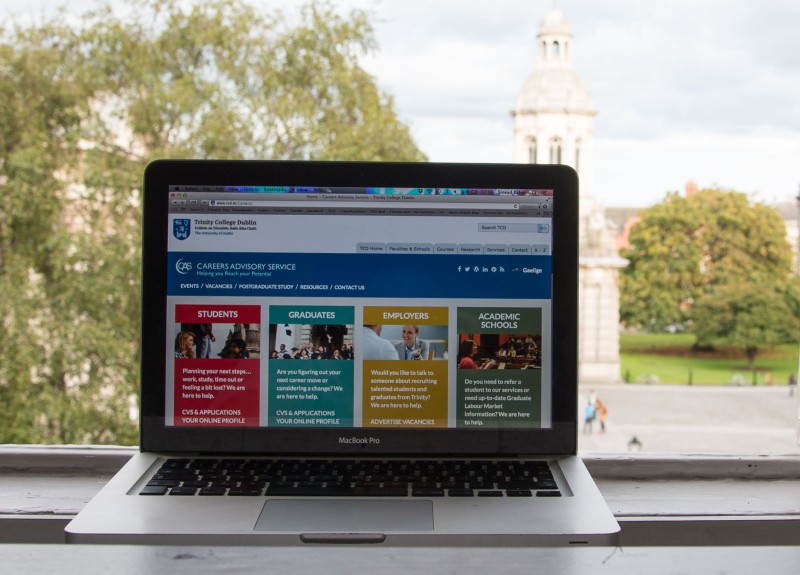A question that I haven’t heard since the Leaving Certificate has returned to haunt me in final year. Asked by parents, colleagues and virtually anyone you meet, it highlights my lack of certainty and mixed feelings about my degree. However, since the Leaving Certificate, I seem to have travelled full circle. Whereas the degree was 2014’s definitive answer, it is now 2018’s wavering question that led me to wondering how useful a degree is as an indication of one’s future.
For some, their intentions are resolute. Having planted a seed in their younger years, some students use College to let their original ideas and plans develop. Future doctors, nurses and teachers hold their certainty like maps, leading them to college to pursue their desired vocation: final year is the ultimate hurdle before becoming qualified professionals. Their degree sees them oscillating between lectures and placement and their college experience consisting of as much education as real-world experience.
Even the exams offer a certainty not extended to students of other disciplines: they seek a specific answer, devoid of interpretation or discretion, and there is little to no room for maneuvering. Their degree becomes a practice run for their futures,
And for some, the original intention of their degree has been overtaken by personal interest. Who could ever have imagined an extracurricular activity becoming the definitive answer to the “what will you do?” question? Student journalists, for instance, don’t enter through Front Gate on the premise of pursuing journalism: they all arrive with the intentions of their chosen degrees. But the degree acts as a ticket to Trinity, with their passion having steered them on to a path they may not have foreseen initially.
For some, the original intention of their degree has been overtaken by personal interest
Similarly, it was through her work beyond her degree, as an activist, that springboarded former Trinity College Dublin Students Union (TCDSU) President Lynn Ruane into the Seanad. And while Leo Varadkar’s collegial Young Fine Gael roots have blossomed into a political career, his GP job has been put on pause. For these people, a degree isn’t an accurate indicator of what their future will look like, but instead allows the skills they’ve used within it to complement what they’re doing beyond college.
The purpose of arts degrees are hard to pin down. They open up a myriad of worlds, from the ability to travel the world with language to a higher appreciation of the cultures that shape it. Everyone has their own reasons for choosing an arts degree. Mine – law and German – offered something of a unique blend that made me neither fully an arts or a law student.
Arts degrees can be as reflective of your future as you want them to be, extending the courtesy of choice to you every step of the way
Our fourth and final year hasn’t yet closed the door to opportunity. We still have the obvious choices the degree offers: law, or German. We could become solicitors, barristers or jet off to mainland Europe where jobs for linguists await. Or we could take a road less travelled, clutching the skills and experiences the degree gave us.
It’s no secret that arts degrees promise uncertainty. And although this ambiguity can be terrifying, it can also be liberating, permitting you the chance to do what you want, when you want. Arts degrees can be as reflective of your future as you want them to be, extending the courtesy of choice to you every step of the way.
Degrees are flexible. These days it is more often the skills you’ve learnt during the degree rather than the subject itself that is of worth. Employers appreciate a wide variety of skills, and experiences. Like the Leaving Cert, the degree only gets you so far. So here’s to the degree: just another step up to where you want to go, no matter where that might be.







